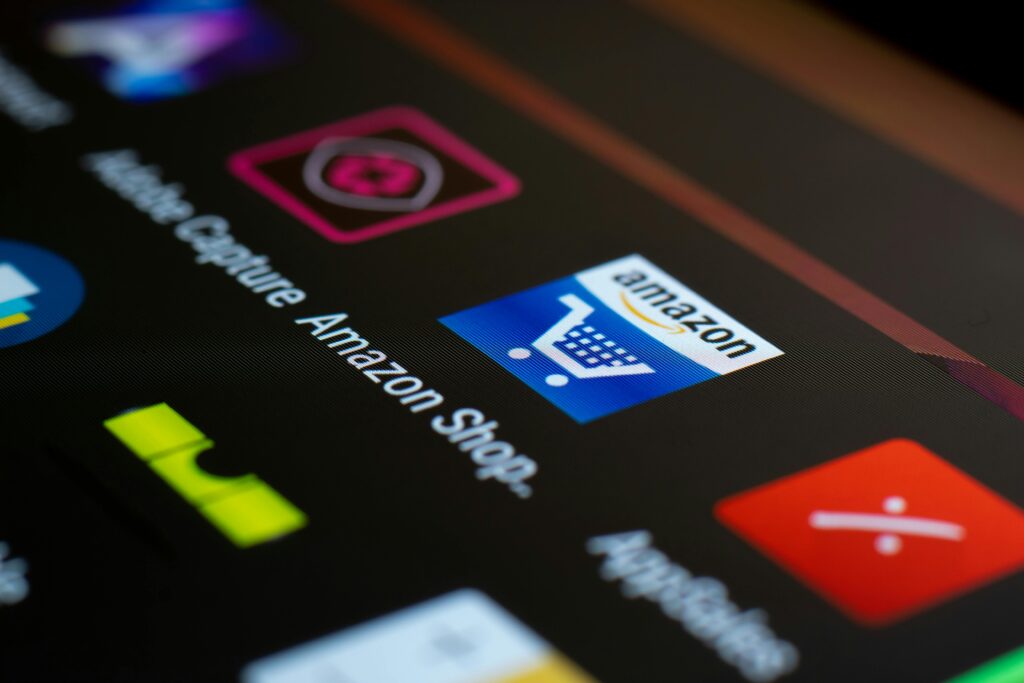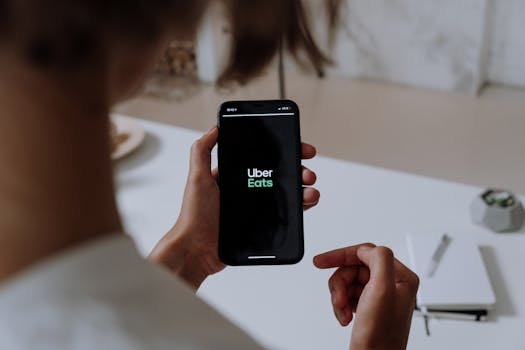In today’s digital age, building brand loyalty is crucial for businesses to succeed. One effective way to achieve this is through email marketing. In this blog, we’ll explore how email marketing can help build brand loyalty and provide tips on how to create a successful email marketing campaign.
Table of Contents
INTRODUCTION
Brand loyalty is the ultimate goal for any business. It’s what sets successful companies apart from their competitors. When customers are loyal to a brand, they’re more likely to make repeat purchases, recommend the brand to others, and even forgive the occasional mistake. Email marketing is a powerful tool that can help build brand loyalty by creating a personal connection with customers, fostering trust, and encouraging repeat business.
Why Email Marketing is Effective for Building Brand Loyalty
Email marketing is an effective way to build brand loyalty for several reasons:
- Personalization: Email marketing allows you to personalize your messages to individual customers, making them feel valued and appreciated.
- Direct Communication: Email marketing provides a direct line of communication with customers, allowing you to build a relationship with them over time.
- Cost-Effective: Email marketing is a cost-effective way to reach customers, especially compared to traditional forms of marketing like print or television ads.
- Measurable Results: With email marketing, you can track the performance of your campaigns and make data-driven decisions to improve your strategy.
How to Build Brand Loyalty with Email Marketing
Here are some tips on how to build brand loyalty with email marketing:
- Create a Welcome Series: Create a welcome series that introduces new subscribers to your brand, provides valuable content, and sets the tone for future communications.
- Segment Your List: Segment your email list to ensure that you’re sending targeted and relevant content to each group.
- Provide Value: Provide value to your subscribers through exclusive offers, helpful tips, and relevant news.
- Be Consistent: Consistency is key when it comes to email marketing. Send regular emails to keep your subscribers engaged and interested in your brand.
- Use Storytelling: Use storytelling to connect with your subscribers on an emotional level and make your brand more relatable.
CASE STUDIES
- Starbucks: Starbucks uses personalized email marketing to foster customer loyalty. By sending targeted emails based on customers’ purchase history and preferences, they’ve seen increased customer loyalty and higher sales. Their loyalty program communications via email inform customers about rewards status, offer personalized rewards, and provide exclusive early access to new products or promotions.

- HubSpot: HubSpot, a leading inbound marketing and sales platform, uses email marketing to nurture leads. By sending targeted emails at different stages of the buyer’s journey, they’ve effectively guided prospects toward purchasing, demonstrating the importance of lead nurturing in B2B email marketing.
- Airbnb: Airbnb leverages email personalization to connect travelers with unique accommodations. By sending tailored recommendations based on previous searches and bookings, they’ve significantly improved user engagement and booking rates, with 40% higher engagement rates than the industry average.
- Amazon: Amazon’s recommendation emails are a classic example of successful email marketing. They send emails based on user behavior and past purchases, significantly boosting conversion rates and sales. Their abandoned shopping cart reminders have led to billions in recovered sales revenue.

- Etsy: Etsy’s personalized product recommendations via email enhance the customer experience and drive repeat purchases. By utilizing customer data to suggest products based on past purchases, browsing history, and favorite shops, they’ve increased customer engagement and loyalty.
- Dropbox: Dropbox’s referral program, promoted through email, rewarded users who referred friends, resulting in exponential sign-ups and storage usage growth. Their email onboarding process also guides users through the platform’s features, ensuring they become active and long-term users.
- Spotify: Spotify’s personalized emails containing curated playlists based on users’ listening history and preferences keep subscribers engaged and reduce churn rates. Their approach showcases the effectiveness of customized email content in driving engagement and loyalty.
- Uber: Uber’s strategic email campaigns drive user acquisition and promote enticing promotions, expanding their user base and creating a sense of excitement around their services.

- Sephora: Sephora’s personalized birthday emails with exclusive offers enhance customer loyalty and boost sales during customers’ celebratory months. Their loyalty program communications via email also encourage customer engagement and repeat purchases.
- Warby Parker: Warby Parker’s “Home Try-On” email campaign lets customers experience their frames, leading to increased conversions. Their email marketing strategy focuses on building a vision-focused community through email.
- Dollar Shave Club: Dollar Shave Club’s humorous email campaigns foster a sense of community among subscribers, contributing to higher customer retention rates. Their approach shows that injecting personality and humor into email campaigns can make a brand more relatable and memorable.
- Mailmodo: Mailmodo’s email marketing case studies highlight the power of personalization, automation, and segmentation in driving engagement and conversions for their clients.
10 Powerful Ways to Leverage Influencers Marketing for Brand Growth – Content writer
Tips for Creating a Successful Email Marketing Campaign
Use a Clear Subject Line: Use a clear and concise subject line that grabs the attention of your subscribers.
Use a Strong Call-to-Action: Use a strong call-to-action (CTA) that encourages subscribers to take action.
Optimize for Mobile: Optimize your emails for mobile devices to ensure that they’re easy to read and navigate.
Use Social Proof: Use social proof, such as customer testimonials, to build trust and credibility with your subscribers.
What Is Email Marketing? A Beginner’s Guide
FAQs
What are some common email marketing metrics?:
Common email marketing metrics include open rate, click-through rate, conversion rate, and unsubscribe rate.
What is email marketing?:
Email marketing is a form of digital marketing that involves sending targeted and personalized messages to customers or potential customers via email.
How can email marketing help build brand loyalty?
Email marketing can help build brand loyalty by creating a personal connection with customers, fostering trust, and encouraging repeat business.
Conclusion
Email marketing is a powerful tool that can help build brand loyalty by creating a personal connection with customers, fostering trust, and encouraging repeat business. By following the tips outlined in this blog, you can create a successful email marketing campaign that drives results for better marketing.
Final Thought: The Power of Email Marketing in Building Brand Loyalty
As we’ve explored throughout this blog, email marketing is a potent tool for building brand loyalty. By creating a personal connection with customers, fostering trust, and encouraging repeat business, email marketing can help drive long-term growth and success for your business.
In today’s digital landscape, it’s easy to get lost in the noise of social media and other marketing channels. But email marketing offers a unique opportunity to connect with customers on a deeper level, tailoring your messages to their interests and needs.
By leveraging the strategies outlined in this blog – from personalization and segmentation to storytelling and consistency – you can create an email marketing campaign that resonates with your audience and builds a loyal following.
Remember, building brand loyalty is a marathon, not a sprint. It takes time, effort, and dedication to cultivate a loyal customer base. But with email marketing, you can create a loyal community that will drive growth and success for your business.
As you move forward with your email marketing efforts, keep in mind the importance of:
- Personalization: Tailor your messages to individual customers, making them feel valued and appreciated.
- Consistency: Send regular emails to keep your subscribers engaged and interested in your brand.
- Storytelling: Use narratives to connect with your subscribers on an emotional level and make your brand more relatable.
- Measurement: Track the performance of your email marketing campaigns and adjust your strategy accordingly.
By following these principles and staying focused on your goals, you can harness the power of email marketing to build a loyal customer base and drive long-term success for your business.
Whether you’re just starting out with email marketing or looking to refine your existing strategy, we hope this blog has provided valuable insights and inspiration to help you achieve your goals. Happy marketing!